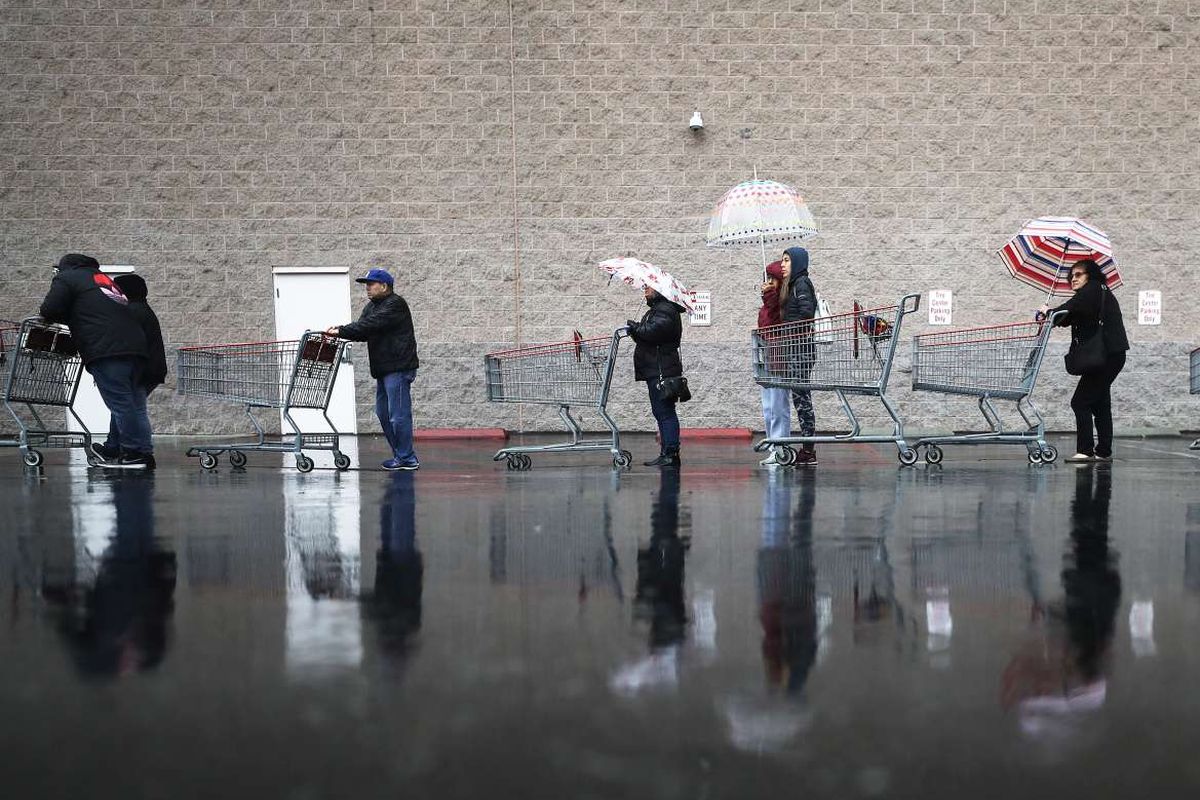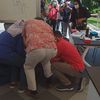Anxiety and Depression Spike in US Adults during Coronavirus Pandemic

The BU study involved a survey of 1,440 US adults questioned about depression symptoms in early April.
Symptoms were most common in young adults, low-income participants and in those who reported several outbreak-related troubles, including financial problems, lost jobs or Covid-19 deaths of relatives.
Almost 1,000 participants had experienced at least three such struggles.
The study results echo research from China early in the outbreak, and studies done during the Ebola and SARS crises and after major hurricanes and 9/11, said lead author Dr. Sandro Galea, a BU public health expert.
The survey was done before the US spike in civil unrest, including the May 24 death of George Floyd, who authorities say was killed when a Minneapolis police officer pressed a knee on his neck for several minutes.
But Galea said that other studies have shown increases in depression symptoms after traumatic events and that it is likely the unrest has contributed to American angst.

Read also: Wisconsin Police Shooting of Jacob Blake Triggers Unrest in Kenosha
At Cityscape Counseling in Chicago, the new client caseload jumped from 95 to 148 over the past two months, said executive director Chelsea Hudson.
The group’s 17 therapists see about 500 clients a week, and Hudson said she has hired two more therapists to deal with the increased demand.
“We see a lot of single young professionals. I think it’s been especially tough on them. The isolation, lack of connection, often enhances depression,” she said.
Hudson said many clients are distressed about social justice issues. With more free time, she said, they are paying more attention to the news, and Chicago has been hit by vandalism and protests over killings by police.
She said there is “a general consensus in the mental health field on our need to be ready to brush up on our trauma training. Right now people are still in a state of shock.”
Wendy Zirbel of Dodge County, Wisconsin, said she developed anxiety and depression after testing positive for the virus in June.
She said that was partly from getting sick — she still has breathing and memory troubles — and partly from her husband’s reaction.
“He thought Covid was a joke and that it's all Democrats trying to get Trump out of office,” she said. “It still hurts.”


































